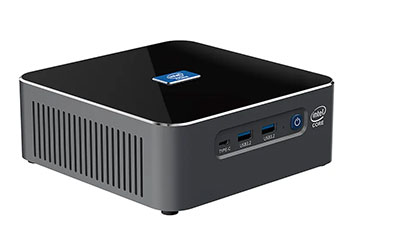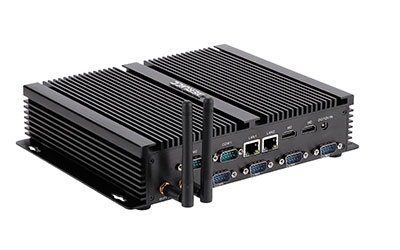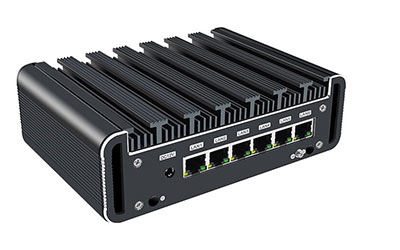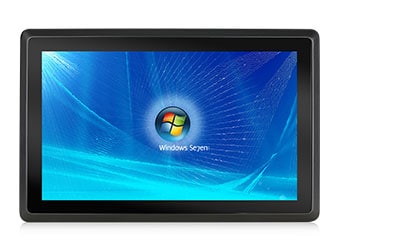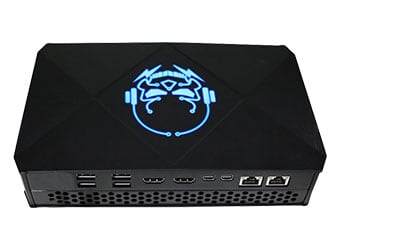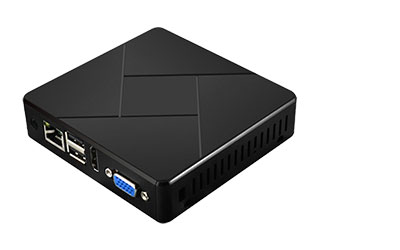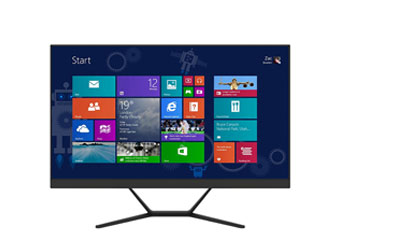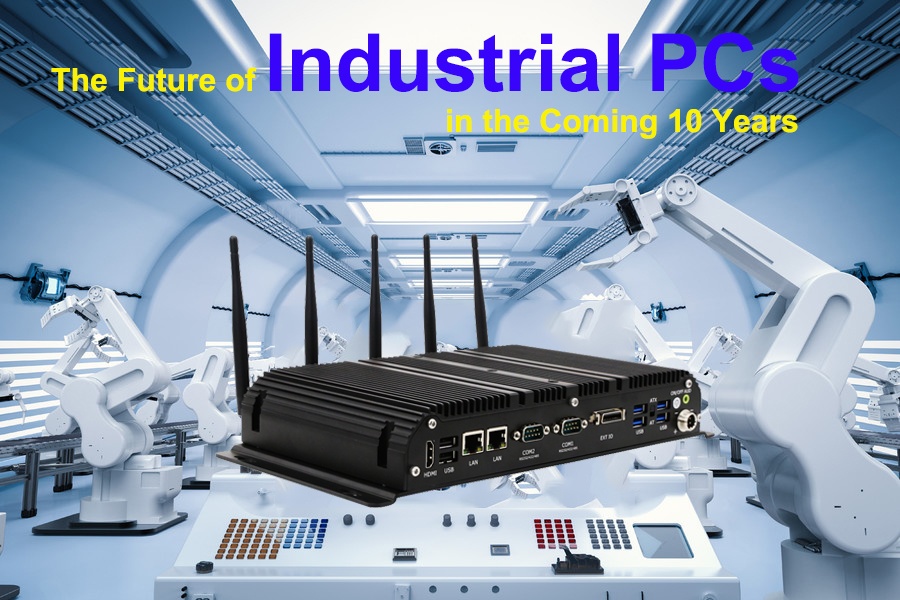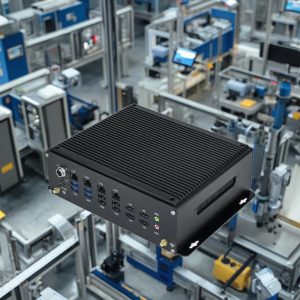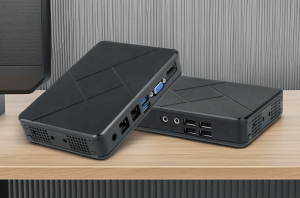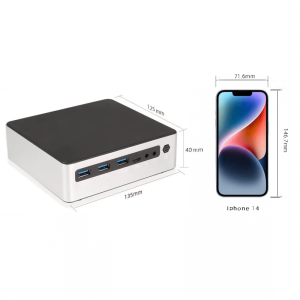The next decade promises exciting advancements for Industrial PCs (IPCs), driven by rapid technological innovations. Expect IPCs to integrate more AI and machine learning capabilities, enabling predictive maintenance and real-time data analysis for smarter, more efficient industrial processes. The rise of the Internet of Things (IoT) will enhance connectivity, creating more intelligent and automated factories. Edge computing will bring data processing closer to the source, reducing latency and improving decision-making speed. Additionally, 5G connectivity will provide faster, more reliable communication, revolutionizing remote operations. As these technologies evolve, IPCs will become even more crucial in optimizing productivity and maintaining competitiveness in various industries.
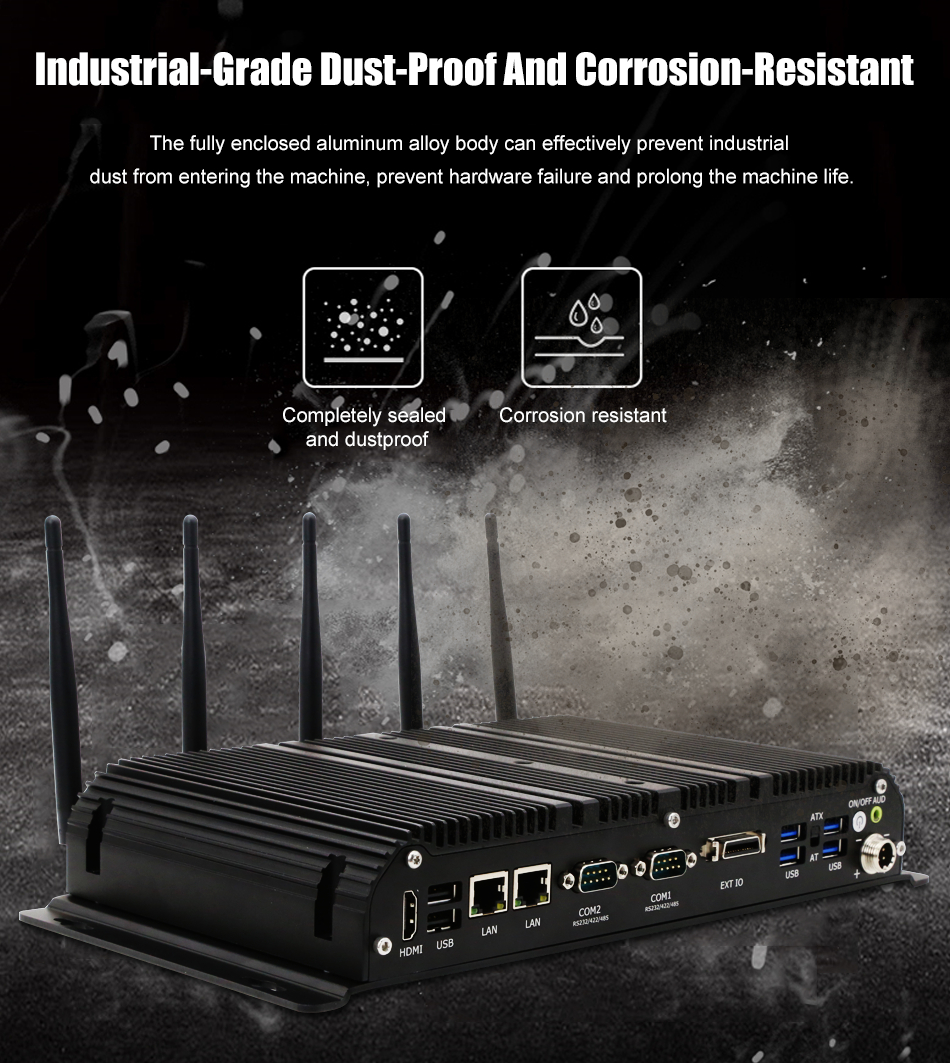
The future of industrial PCs (IPCs) over the next decade is poised to be shaped by several key trends and advancements. Here are some major directions:
- Increased Automation and Industry 4.0:
- Industrial PCs will play a critical role in the advancement of Industry 4.0, where automation, data exchange, and smart manufacturing are central.
- Integration with IoT devices and sensors will become more prevalent, enabling real-time monitoring and control of manufacturing processes.
- Edge Computing:
- There will be a shift towards edge computing, where processing is done closer to the data source rather than in centralized data centers.
- This will reduce latency, improve response times, and enhance the ability of industrial PCs (IPCs) to handle large volumes of data generated by IoT devices.
- AI and Machine Learning:
- Industrial PCs will increasingly incorporate AI and machine learning capabilities for predictive maintenance, quality control, and process optimization.
- AI-powered industrial PCs (IPCs) will help in identifying patterns and anomalies in production processes, leading to more efficient and reliable operations.
- Enhanced Connectivity and 5G:
- The adoption of 5G networks will provide faster and more reliable wireless connectivity, essential for real-time data transfer and communication in industrial environments.
- Enhanced connectivity will facilitate better coordination between machines, robots, and humans.
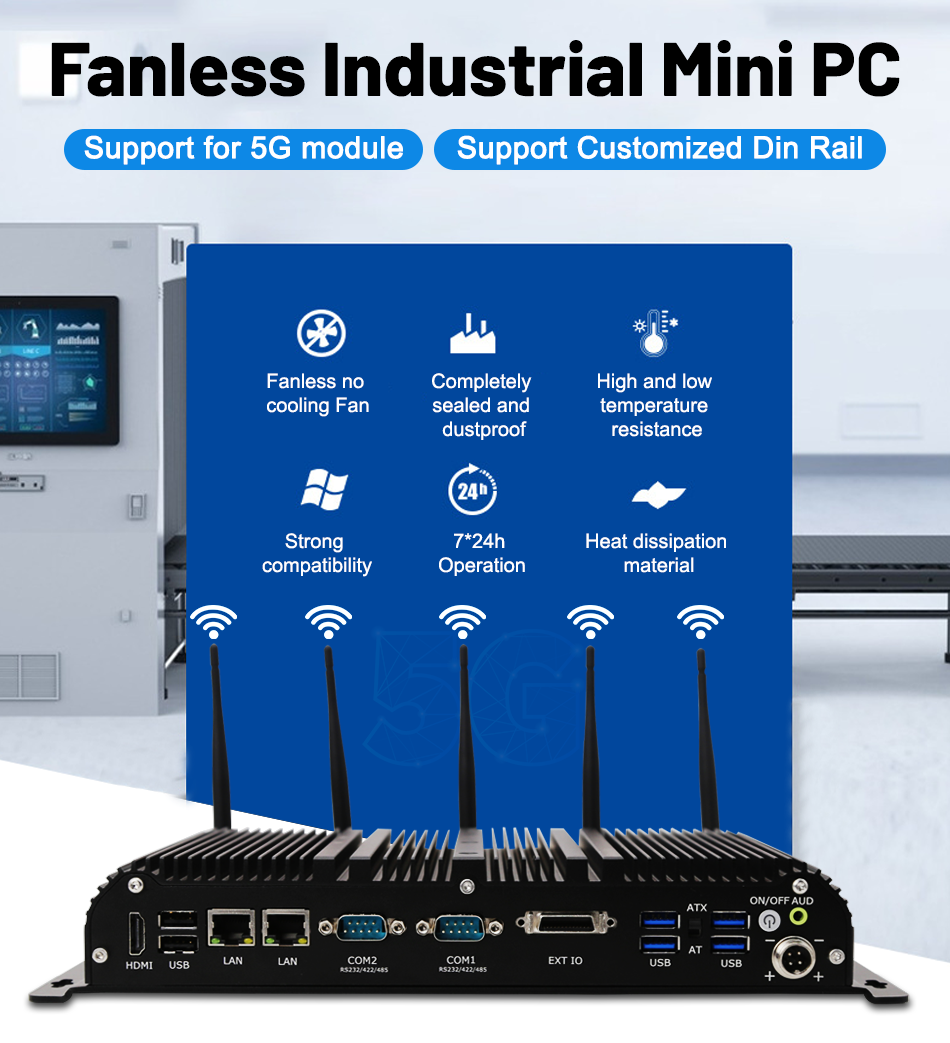
5.Cybersecurity:
- As industrial PCs (IPCs) become more interconnected, the need for robust cybersecurity measures will grow.
- Future industrial PCs (IPCs) will incorporate advanced security features to protect against cyber threats, ensuring the integrity and safety of industrial operations.
6.Modularity and Flexibility:
- Modular industrial PCs (IPCs) will allow for easier upgrades and customization, adapting to specific industrial needs without requiring complete system overhauls.
- This flexibility will be crucial in industries where technology and processes evolve rapidly.
7.Energy Efficiency and Sustainability:
- There will be a push towards more energy-efficient industrial PCs (IPCs) to reduce the overall carbon footprint of industrial operations.
- Sustainable manufacturing practices will influence the design and operation of IPCs.
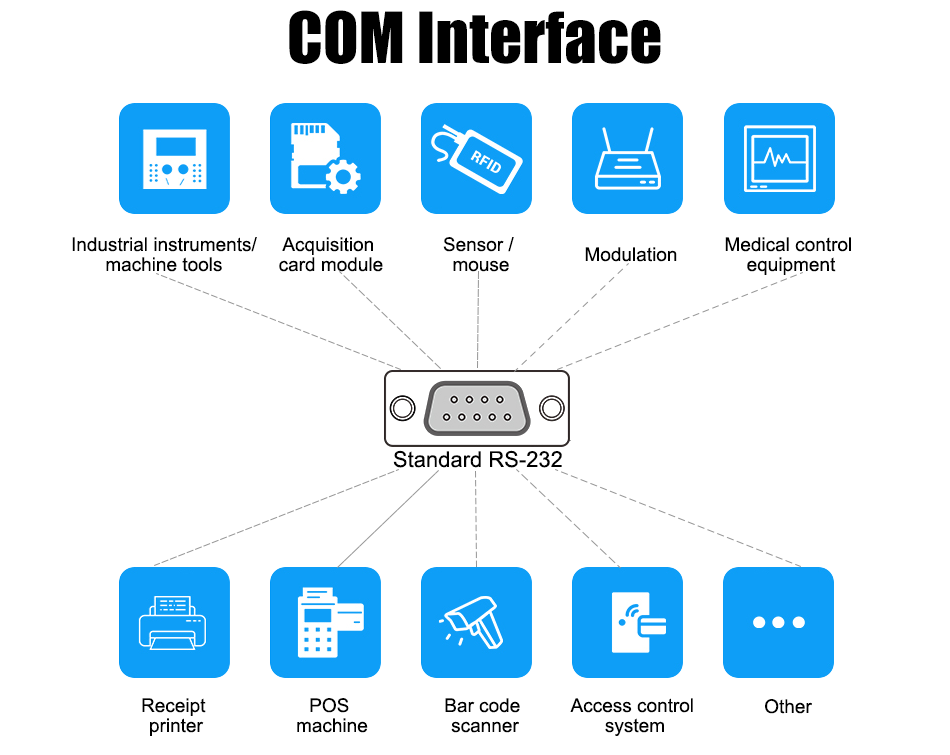
8.Human-Machine Interface (HMI) Enhancements:
- Advances in HMI technologies will make industrial PCs (IPCs) more user-friendly and intuitive, improving the interaction between operators and machines.
- Touchscreens, voice commands, and augmented reality interfaces may become more common.
9.Rugged and Reliable Designs:
- industrial PCs (IPCs) will continue to be designed for harsh industrial environments, with enhanced durability and reliability.
- They will be built to withstand extreme temperatures, dust, vibration, and other challenging conditions.
10.Global Supply Chain Integration:
- industrial PCs (IPCs) will be integral to the global supply chain, enhancing visibility, traceability, and efficiency from production to distribution.
The evolution of industrial PCs will be driven by the need for smarter, faster, and more secure industrial operations, aligning with the broader trends of digital transformation and sustainable development.
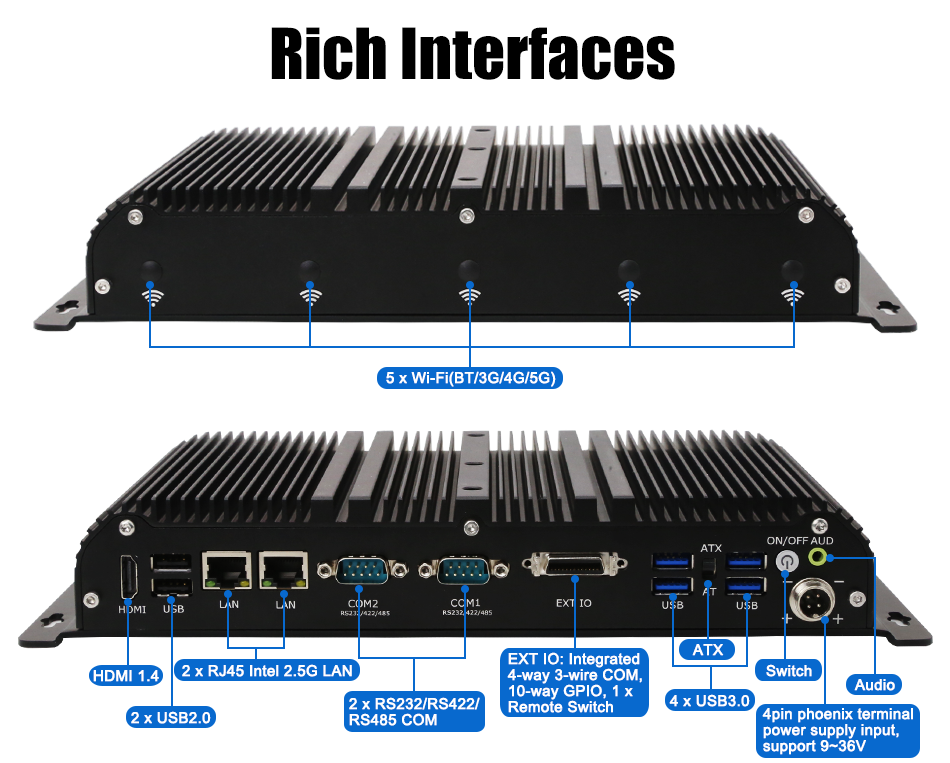
The future of industrial PCs (IPCs) over the next decade applied to below industry
1.Manufacturing:
- Smart Factories: In smart factories, industrial PCs will be used for real-time monitoring and control of production lines. By integrating with sensors and robots, industrial PCs (IPCs) can optimize production processes, reduce downtime, and increase output. For example, automobile manufacturers can use industrial PCs (IPCs) to monitor each production stage, ensuring the quality of components and accuracy of assembly.
- Predictive Maintenance: Industrial PCs equipped with AI and machine learning algorithms can perform predictive maintenance on manufacturing equipment, identifying potential failures in advance and scheduling maintenance to avoid unexpected downtime and production losses.
2.Energy and Utilities:
- Smart Grids: In smart grids, industrial PCs will be used for real-time data collection and analysis to optimize power distribution and usage. Through edge computing, industrial PCs (IPCs) can quickly respond to changes in power demand, reducing energy waste.
- Wind and Solar Power Generation: In the renewable energy sector, industrial PCs (IPCs) will monitor and manage the operation of wind and solar power plants. They can analyze weather data, optimize energy production, and issue alerts when equipment faults occur.
3.Logistics and Warehousing:
- Automated Warehouses: In automated warehouses, industrial PCs control automated equipment such as Automated Guided Vehicles (AGVs) and robotic arms, achieving efficient storage and retrieval of goods. By integrating with Warehouse Management Systems (WMS), industrial PCs (IPCs) ensure fast location and accurate transportation of goods.
- Real-Time Inventory Management: IPCs, integrated with RFID tags and sensors, enable real-time monitoring and management of inventory, improving accuracy and efficiency in logistics.
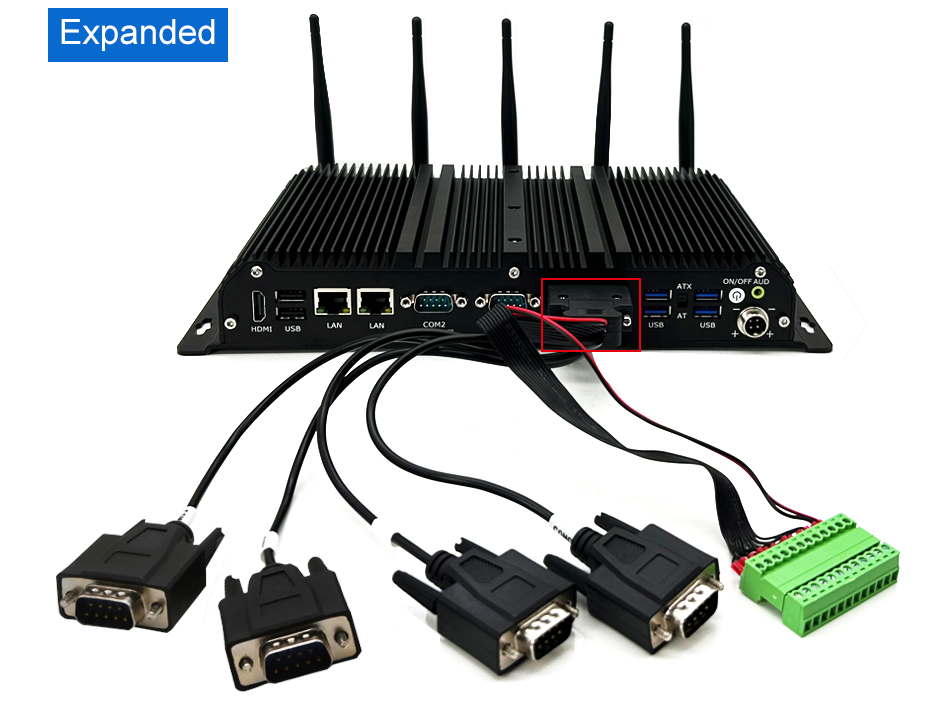
4.Agriculture:
- Precision Farming: In precision farming, industrial PCs control and monitor agricultural equipment such as drones, automated irrigation systems, and harvesters. By analyzing soil moisture, weather, and crop health data, industrial PCs (IPCs) can optimize irrigation and fertilization strategies, increasing crop yields.
- Livestock Management: In livestock farming, industrial PCs (IPCs) monitor and manage the health and behavior of livestock. By analyzing sensor data, industrial PCs (IPCs) can detect early signs of disease, optimize feed distribution, and improve farming efficiency.
5.Healthcare and Pharmaceuticals:
- Medical Devices: In medical devices, industrial PCs control and monitor complex medical instruments such as MRI scanners and surgical robots, ensuring precise operation and data collection.
- Pharmaceutical Production: In the pharmaceutical industry, industrial PCs (IPCs) monitor critical parameters such as temperature, humidity, and pressure during drug production, ensuring product quality and compliance.
6.Construction and Infrastructure:
- Smart Buildings: In smart buildings, industrial PCs control and monitor building automation systems, such as lighting, HVAC, and security systems. industrial PCs (IPCs) can optimize energy usage, improving the comfort and safety of buildings.
- Traffic Management: In smart cities, industrial PCs (IPCs) are used to manage traffic lights, surveillance cameras, and public transportation systems, improving urban traffic flow, reducing congestion, and lowering emissions.
These specific industry application examples highlight how industrial PCs will play a crucial role in various fields over the next decade, driving the progress of industrial and societal intelligence and automation.

